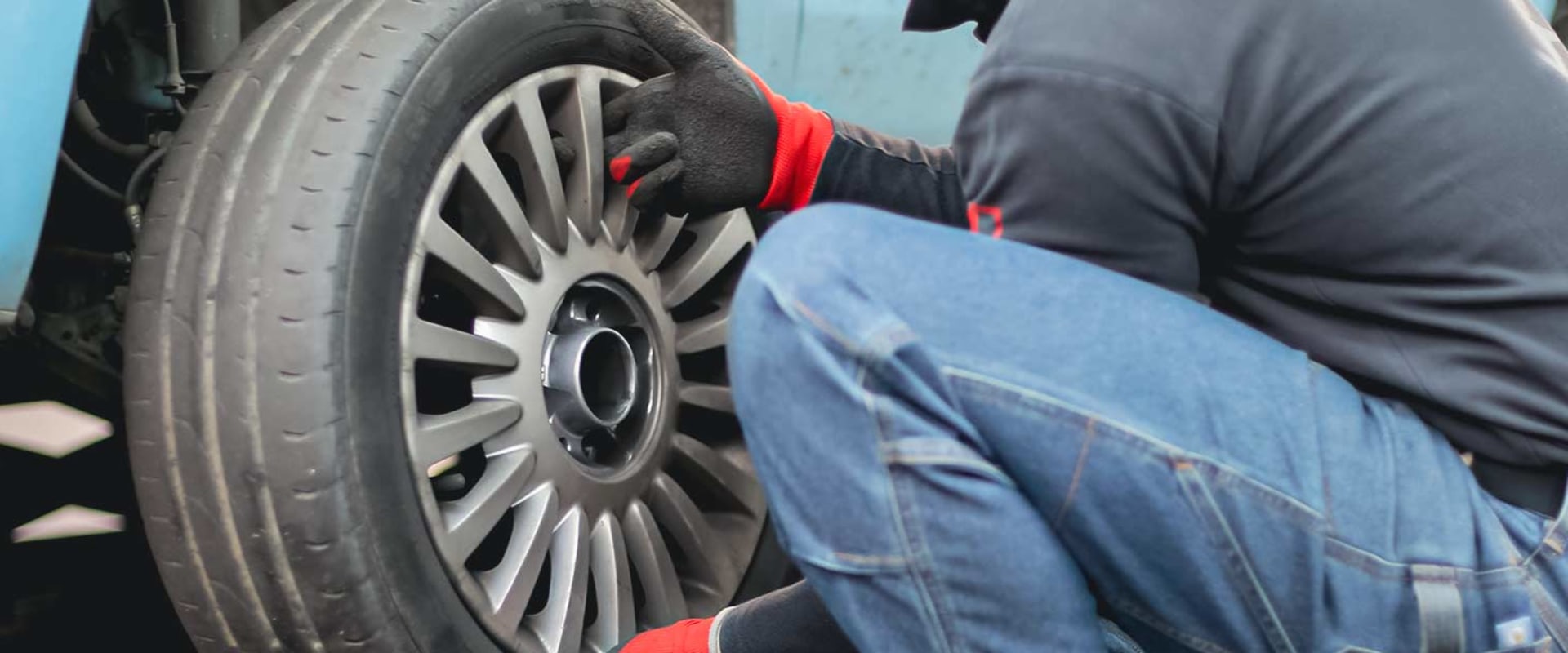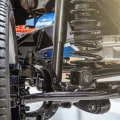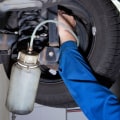No matter what type of car you drive, it's important to keep up with regular maintenance and repair. Depending on the make and model, you should check your car once a year or every 12,000 miles. If you drive a larger vehicle or drive a lot, it's best to check it every six months or 6,000 miles. Manufacturers provide maintenance requirements such as oil changes and tire rotation, as well as programs for inspecting or replacing parts when the odometer reaches 30,000 miles, 60,000 miles and 90,000 miles. It's important to follow your car manufacturer's recommendations for scheduled vehicle service and use qualified mechanics like an Auto Mechanic North Charleston SC to perform car repairs. Delaying routine car maintenance or ignoring the car's clues that something is wrong can lead to more expensive repairs.
Every month or every few times you refuel, and especially before long road trips, it's a good idea to get under the hood of the car and check the oil and coolant levels while the engine is cold. A good set of brake pads and shoes should last every 50,000 miles, although you should check them well beforehand and take them to service if they start to squeak or make any other strange noises. Rotating the tires will help extend the life of the tires by balancing tread wear more evenly and helping to prevent noise and vibration problems. Scheduled maintenance checks address vehicle fluid levels for brake and power steering systems, radiator coolant, and engine oil. Most mechanics still recommend the so-called 30-60-90 maintenance interval, which allows the car to arrive at the workshop for scheduled maintenance at 30,000 miles, 60,000 miles and 90,000 miles. Taking care of your car by performing preventive maintenance helps ensure that you have safe and reliable transportation. Proper mechanical maintenance, including replacing spark plugs, drive belts, timing belts and changing air and fluid filters, is necessary to identify problems and keep the engine running as it should.
Long-term lack of use is bad for the car, bad for tire inflation, bad for the gas tank, bad for the battery, bad for the brakes and bad for all parts and systems that don't run on engine oil.











